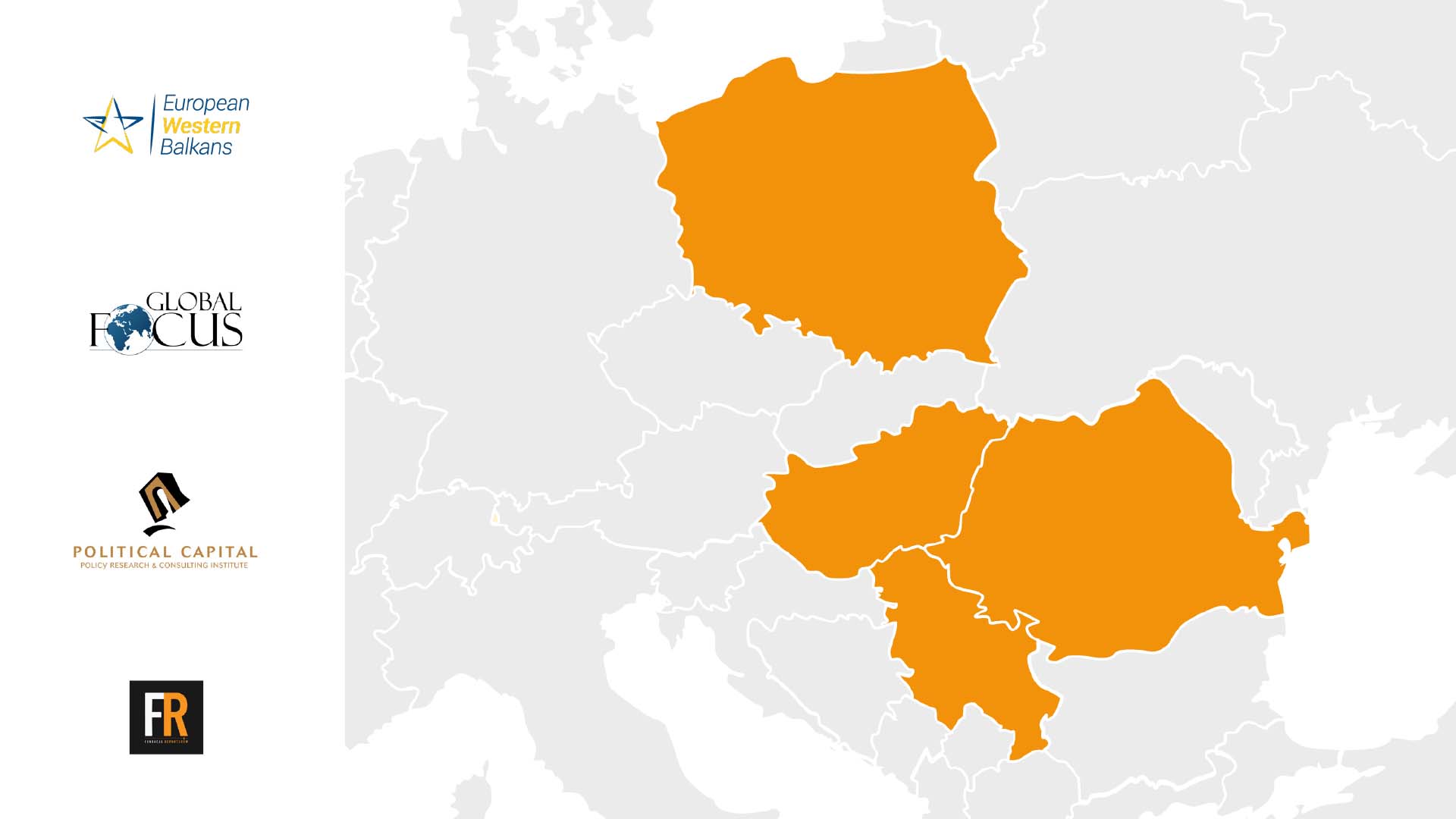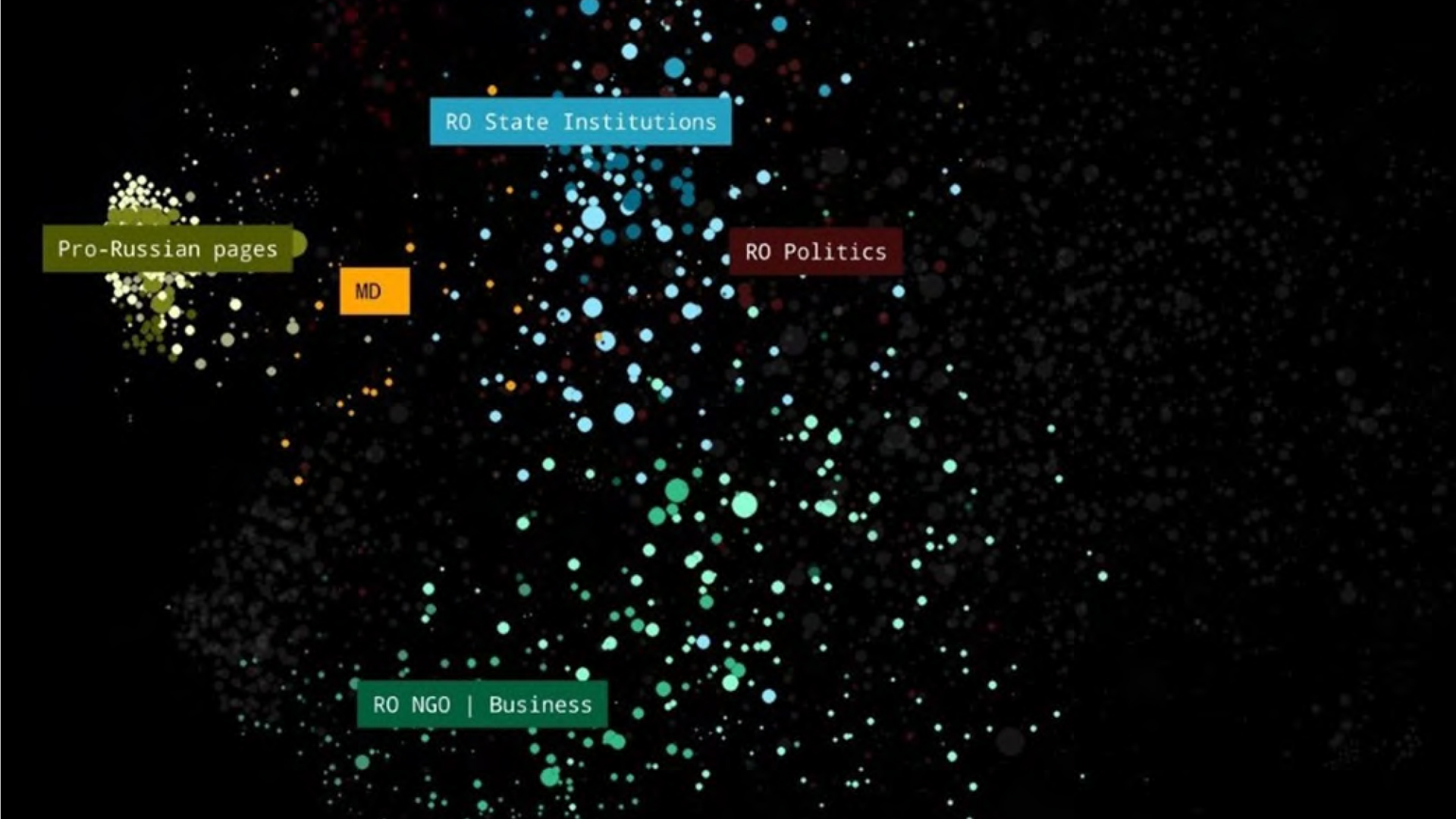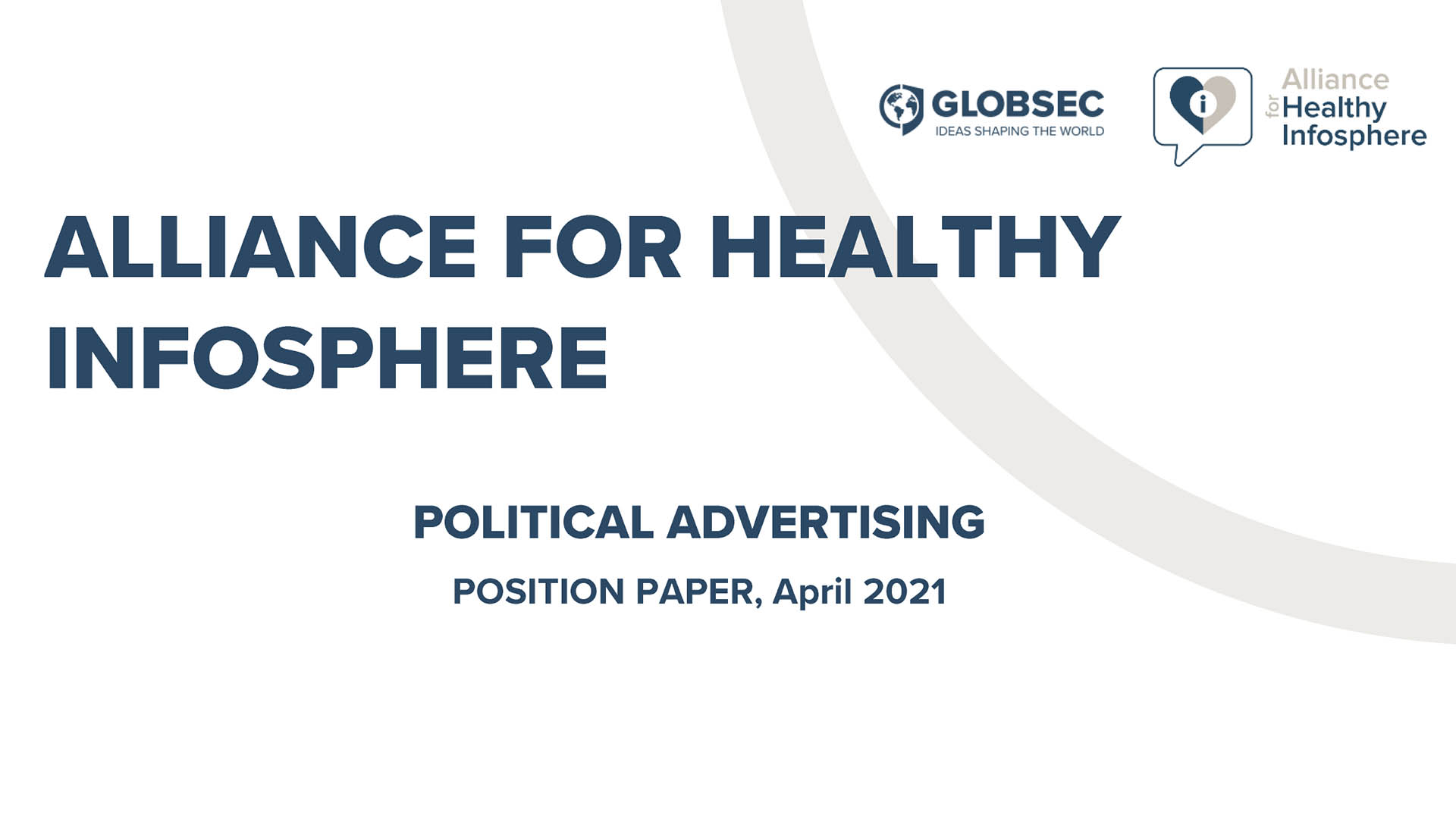In the studied EU countries of Poland, Hungary and Romania, the majority of respondents said they were not prepared for an increase in energy prices. In contrast, in Serbia, there was no polling data available at the time of publication. Unsurprisingly, in all three countries, the energy crisis is exploited by far right and radical elements to criticise the EU and its energy policy.


Russia’s war against Ukraine has opened a brand-new front for disinformation and influence operations. A major influx of refugees in neighbouring countries is creating avenues for exploitation of local nationalism, xenophobia and anti-Western narratives, already on the rise. GlobalFocus Center (Romania) has partnered with Political Capital (Hungary) European Western Balkans (Serbia) and Reporters’ Foundation (Poland), in a joint effort to check out how Ukraine-related disinformation is reflected and used within the far-right, ultra-nationalist and extremist communities to advance goals consistent with Russian interests.


An analysis of 4,741 public pages populating Romania’s Facebook universe has revealed that the rather limited influence of overt pro-Russian outlets in Romania has not discouraged the Kremlin from speculating local, like-minded individuals and organisations in promoting a divisive narrative targeting mainly our trans-Atlantic orientation and EU membership.

The digitalisation of political campaigning has rapidly transformed the democratic political processes. Online political advertising has not only opened up new possibilities for democratic dialogue and creative engagement, but it has also become a relatively cheap and easy way of amplifying information manipulation.
